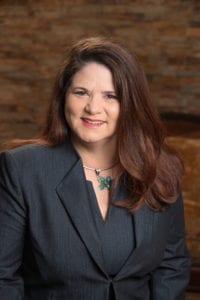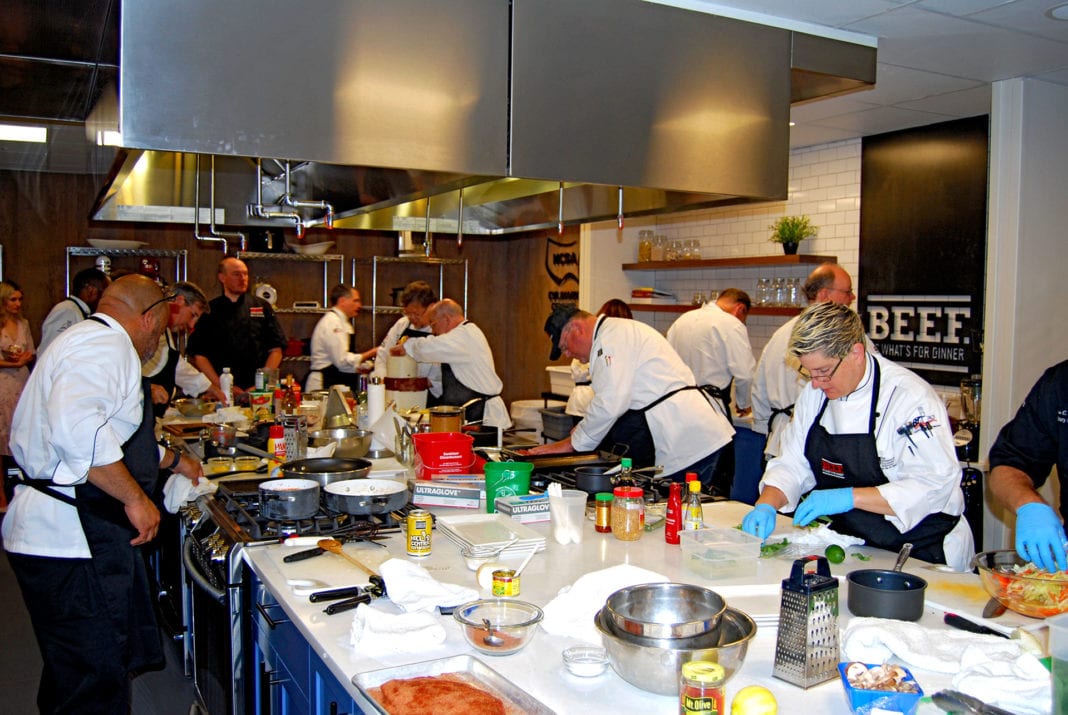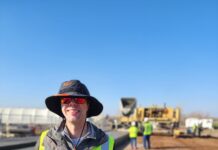In 2005, Oklahoma reeled Heather Buckmaster home when she stepped into the Oklahoma Beef Council’s executive director shoes.
“We serve Oklahoma’s 50,000 plus farming and ranching families,” she says.
With a focus on positioning beef as No. 1 in protein, the council spotlights beef producers to assuage the consumers’ desires to know where their food comes from.
“We correct misperceptions,” she says. “For instance, all of agriculture is responsible for about 10% of greenhouse gas emissions and cattle are only 2% of that impact.”
The council promotes beef’s nutritional-protein benefits, working with a dietitian consultant to reach health professionals.
“A serving of lean beef provides 10 essential nutrients and 50% of daily protein for less than 180 calories,” says Buckmaster. The council’s website and social media presence use beef cookery and recipes, inspiring people to keep beef on their plates.
Buckmaster says almost 50% of the council’s board members are women, explaining that female beef farmers and ranchers are “wonderful advocates for our community.”
At the OBC, Buckmaster wears a plethora of hats, accomplishing a wide variety of duties.
“I never thought we would work with a New Zealand basketball player, Steven Adams, to promote Oklahoma beef,” she says. “Also, we were the first state beef council to fund efforts promoting U.S. beef in Africa, a leading destination for U.S. beef variety meats, with 1.2 billion consumers in Sub-Saharan Africa. Last year, Council funding drove over 20 million video views of inspirational beef commercials in Oklahoma and in key U.S. population centers.”

About the Executive Director
Growing up on a Hydro stocker-cattle-and-wheat farm, Buckmaster emerged from at least five generations in the cattle business.
“My maternal great-great-grandfather worked on ranches in the panhandle, and my paternal grandfather, Harry Buckmaster, was a cattle trader, farmer and rancher,” she says.
Buckmaster earned degrees from Oklahoma State University in Agriculture Economics and an option in International Agriculture Marketing, and an Master of Science in Agriculture Economics. Wedged into those academic years, she spent two years in the U.S. Peace Corps in the Gambia, West Africa, as an agriculture extensionist working with women in gardens. Her take away was that globally, “farmers and rural communities are family-and-community oriented, and they worry about the weather and price.”
Planning a career in international development, Buckmaster ultimately switched directions.
“The cattle business was in my DNA, and I wanted a career in the cattle and beef community,” she says.
She spent seven-and-a-half years as the Colorado Beef Council’s director of marketing, and explains that the Council is “one of 43 state beef councils supported by the Beef Checkoff, a federal commodity program funded by beef farmers and ranchers through a $1/head assessment. It was the best of both worlds. It was cause-oriented, and I was working for beef farmers and ranchers to promote beef.”
Circling back to the Hydro farm, Buckmaster says: “My family still does things the old fashioned way by horseback. Today we’ve transitioned to a cow-calf operation. As a girl, I loved to listen to my dad discuss the cattle markets. Today I am part of the conversation with him.”


























